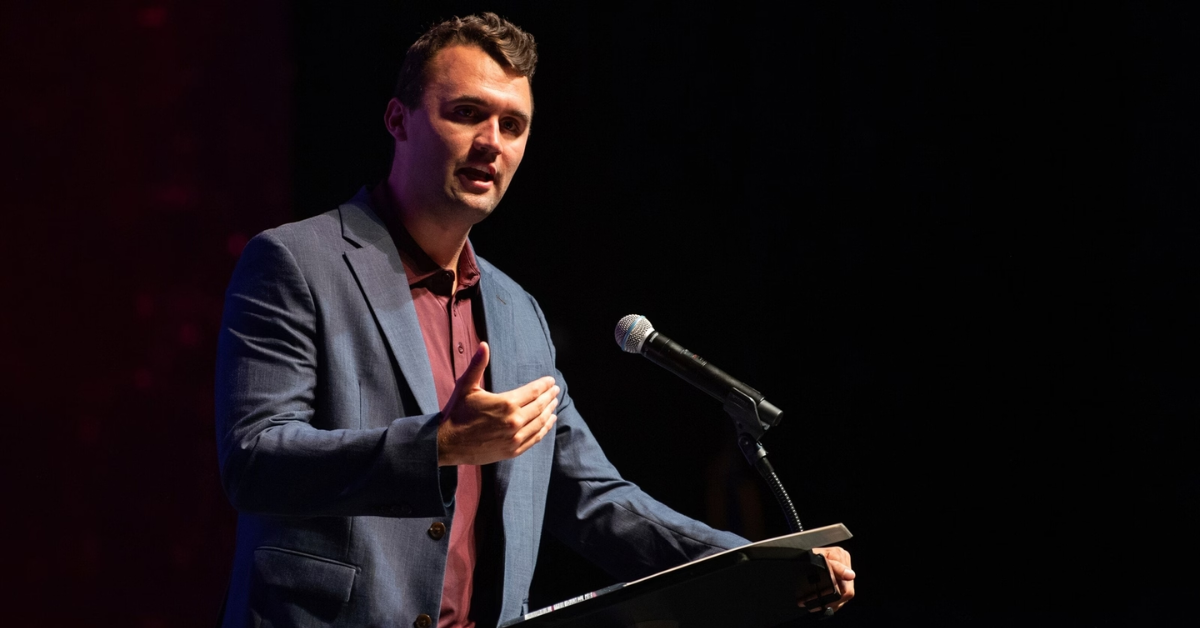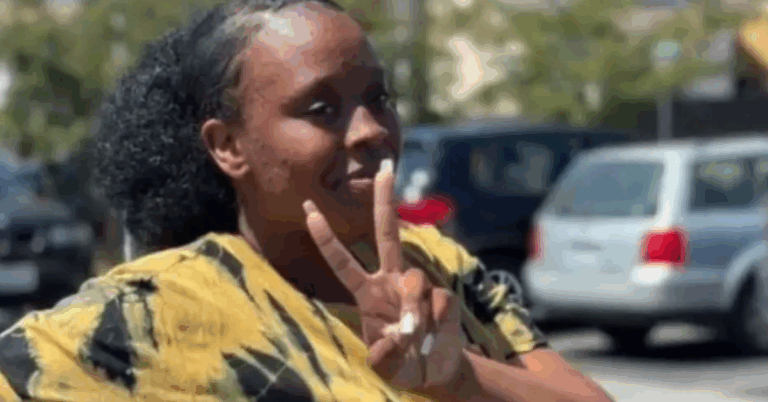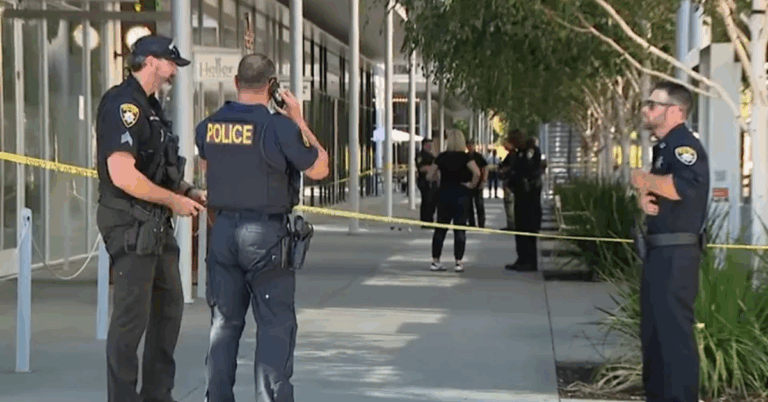
The recent killing of Charlie Kirk has sent shockwaves across the United States, igniting strong reactions from many public figures. Among them, an Oakland-based comedian caught the spotlight with a blunt and heartfelt response that quickly went viral. The comedian’s words, declaring “I won’t be gaslit,” have stirred debates on media narratives, political divisions, and the quest for truth.
This incident highlights how artists and comedians are increasingly speaking out on serious social matters, challenging misinformation and emotional manipulation. It shows the power of candid dialogue in today’s media landscape, where audiences crave honesty over spin.
The Incident and Public Reactions
Charlie Kirk, a well-known conservative activist and founder of Turning Point USA, was tragically killed recently under circumstances that have caused widespread public attention. According to NPR’s report, authorities are still investigating the case, and social media is buzzing with theories and opinions.
Many public figures have weighed in on the killing, with some expressing sympathy while others question the way the narratives are being shaped. The Oakland comedian, whose name has gained recognition through social media platforms for outspoken commentary, responded without hesitation, saying, “I won’t be gaslit,” pushing back against what they perceived as manipulation of facts or attempts to shift blame unfairly.
‘I Won’t Be Gaslit’ — What Does It Mean?
The phrase “gaslighting” refers to a form of psychological manipulation where information is twisted or withheld to create doubt in someone’s mind. In this context, the comedian used the term to reject false narratives or misleading explanations surrounding Kirk’s killing. Their response resonated with many who feel exhausted by constant misinformation in today’s news.
Experts like those at Psych Central explain that gaslighting undermines trust and makes it difficult for people to process events objectively. The comedian’s refusal to be silenced or confused is a call for transparency and honesty in reporting.
The Role of Comedians in Social Commentary
Comedians have always played a unique role in society by using humor to reflect on cultural and political issues. However, in recent years, many have taken on more serious roles by addressing difficult topics openly. The Oakland comedian’s blunt response is a prime example of this trend, where humor and honesty meet to challenge dominant narratives.
As Canadian media outlet CBC reports, comedians often act as cultural commentators, helping society to question authority and think critically about news and politics. Their voices can reach younger audiences who might otherwise feel disconnected from traditional news sources.
Why This Matters to Younger Audiences
Younger generations live in a digital world flooded with information—but not all of it reliable. The Oakland comedian’s strong stance encourages young people to question what they see and hear and to demand honesty instead of accepting easy explanations. It promotes media literacy and critical thinking skills, which are crucial in today’s fast-paced information environment.
Moreover, it reminds us that everyone, regardless of profession, can play a part in seeking truth and justice. Young readers often look to public figures for guidance, and such clear, unapologetic voices can inspire them to form independent opinions.
Conclusion: The Power of Speaking Out
The blunt response from the Oakland comedian following Charlie Kirk’s tragic killing highlights the ongoing struggle against misinformation and emotional manipulation in media coverage. By refusing to be gaslit, the comedian sets an example for all of us to demand transparency and resist false narratives.
As this story develops, it serves as a reminder that honest conversations, no matter how uncomfortable, are essential in understanding complex social events. Whether you are from Oakland, India, or anywhere else, staying informed and critical is key to navigating today’s news with confidence and clarity.









